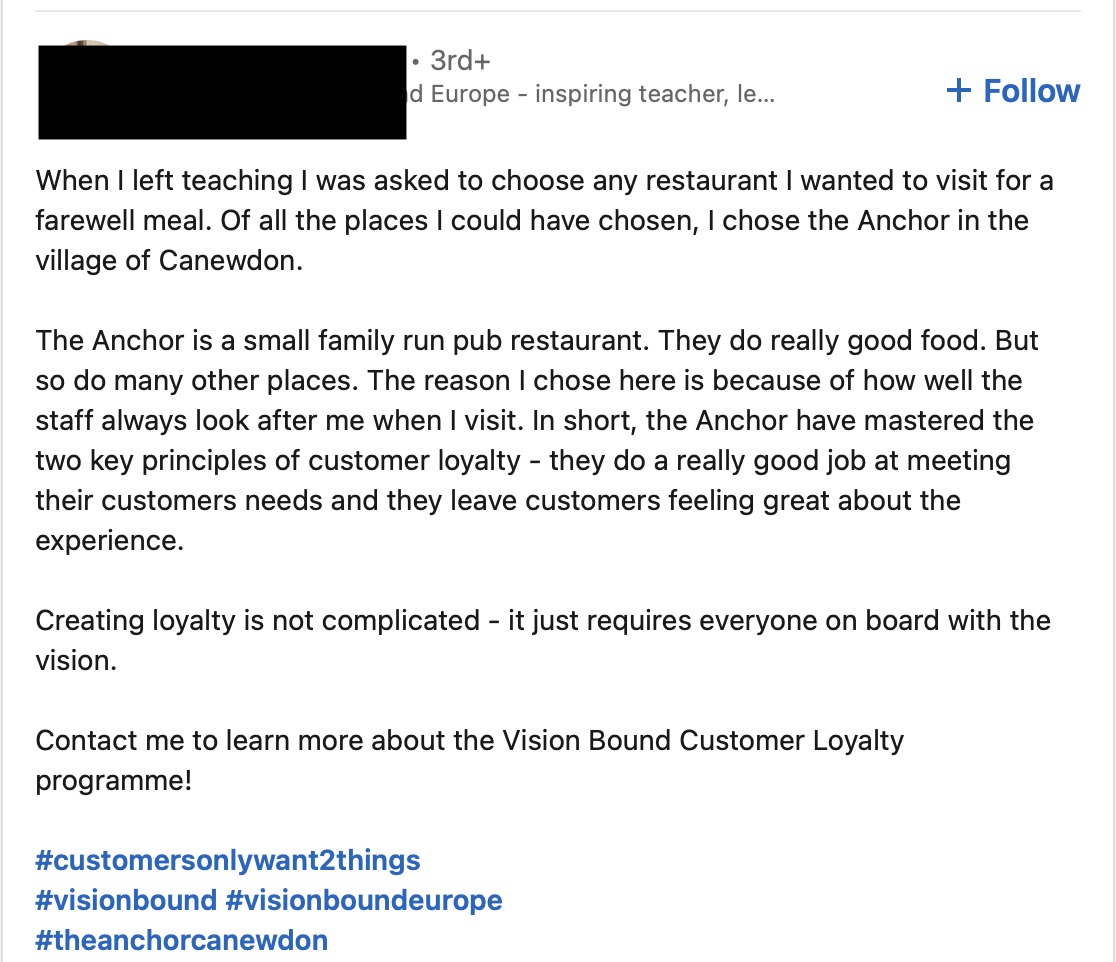this post was submitted on 11 Oct 2024
149 points (96.9% liked)
LinkedinLunatics
3761 readers
61 users here now
A place to post ridiculous posts from linkedIn.com
(Full transparency.. a mod for this sub happens to work there.. but that doesn't influence his moderation or laughter at a lot of posts.)
founded 2 years ago
MODERATORS
you are viewing a single comment's thread
view the rest of the comments
view the rest of the comments

Those all seem fine. The third is a little colloquial and I'd say "She wasn't comfortable with him driving" to make it clear what the issue was. But the rest don't really need a verb, for example:
"Everyone on board" is using boats as an analogy, and it should be clear what the desired action is that needs to be taken (i.e. remain on board vs get on board). The verb there is pretty significant because it defines what action needs to be taken to get to the desired end state (everyone being on board). Most of the time, I hear, "we need to get everyone on board" instead of "we need everyone on board" because the action tells the listener what they should be doing.
Anyway, that's my take. In an informal setting (e.g. discussing over lunch or at someone's desk), use whatever. But in a more formal setting (soliciting business, presenting at a meeting, etc), I expect more precise language.
You can expect it all you like, but other dialects are going to dialect. I don’t personally see any difference between the example in the post and the examples I gave, possibly because I hear “be on board” as much as or more than “get on board” or “stay on board,” the same way I hear “be behind the wheel” more than “get behind the wheel” or any other variants. Thanks for the insight into a different dialect!
Yeah, no worries!
And it's not something I'd point out in person, I'm just pointing it out here in response to someone else. My SO is not a native speaker, and I work with non-native speakers, and I live in a different part of the country than I grew up, so I'm definitely used to different dialects.